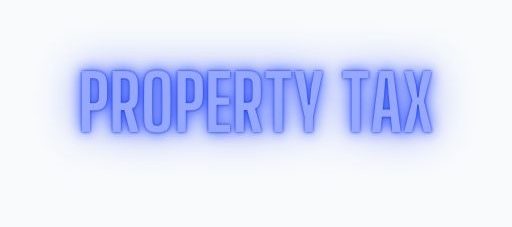Understanding the Fair Debt Collection Practices Act (FDCPA): Your Guide to Consumer Protection and Debt Collector Regulations
November 29, 2024

What is the FDCPA?
The Fair Debt Collection Practices Act (FDCPA) is a comprehensive law that regulates how debt collectors can interact with consumers. It came into effect on March 20, 1978, with the aim of curbing abusive practices in the debt collection industry. The FDCPA specifically covers debts incurred for personal, family, or household purposes, such as credit card debts, medical bills, and mortgages. However, it does not apply to corporate or business debts.
- Maximize Your Child’s Future: A Comprehensive Guide to Education IRA
- How to Trade the Cup and Handle Pattern: Step-by-Step Guide with Examples and Target Strategies
- How to Calculate and Interpret the Dividend Payout Ratio for Smart Investment Decisions
- Understanding Common Equity Tier 1 (CET1): A Key Measure of Bank Financial Strength and Stability
- Uncovering Financial Crimes: The Ultimate Guide to Forensic Audits
Entities Covered by the FDCPA
Under the FDCPA, a “debt collector” includes third-party collectors who are hired by creditors to collect debts. This also encompasses creditors who collect debts under a different name than their own. However, if a creditor is collecting their own debts under their own name, they are not considered debt collectors under the FDCPA.
Bạn đang xem: Understanding the Fair Debt Collection Practices Act (FDCPA): Your Guide to Consumer Protection and Debt Collector Regulations
Prohibitions on Debt Collector Actions
False, Deceptive, or Misleading Representations
Debt collectors are prohibited from using false, deceptive, or misleading representations when communicating with consumers. This includes misrepresenting the character, amount, or legal status of a debt. For instance, claiming that a consumer owes more than they actually do or threatening legal action that is not intended to be taken.
Harassment or Abuse
The FDCPA strictly prohibits harassment or abuse by debt collectors. This includes using profane language, making repeated phone calls intended to annoy or harass, and threatening violence.
Unfair or Unconscionable Means
Debt collectors cannot use unfair or unconscionable means to collect debts. This includes collecting unauthorized fees or expenses and depositing postdated checks prematurely.
Communication Restrictions
There are strict communication restrictions in place. Debt collectors can only contact consumers between 8 a.m. and 9 p.m., and they cannot contact consumers at inconvenient times or places. Additionally, they cannot communicate with consumers at their workplace if the consumer has indicated that such communication is prohibited.
Requirements for Debt Collectors
Validation Notice
Within five days of initial contact, debt collectors must provide a written validation notice to the consumer. This notice must include details such as the amount of the debt, the identity of the creditor, and information about how the consumer can dispute the debt.
Communication with Consumers and Third Parties
Debt collectors have specific rules for communicating with consumers and third parties. Consumers have the right to demand termination of further communications in writing. Once this request is made, debt collectors can only contact the consumer to confirm receipt of the request or to inform them of further action being taken.
Legal Actions
Debt collectors are restricted in where they can file lawsuits against consumers. These lawsuits must be filed in the judicial district where the consumer lives or where the original contract was signed.
Enforcement and Liability
Federal Agencies
The Federal Trade Commission (FTC) and the Consumer Financial Protection Bureau (CFPB) are responsible for enforcing the FDCPA. These agencies monitor compliance and take action against violators.
Private Rights of Action
Consumers have the right to sue debt collectors for violations of the FDCPA. If successful, consumers can recover actual damages, statutory damages, and attorney fees.
Good Faith Errors
Debt collectors are exempt from liability for good-faith errors if they maintain procedures reasonably adapted to avoid such errors.
Interaction with State Law
The FDCPA does not preempt state laws unless those laws are inconsistent with its provisions. States can enact more protective laws than those provided by the FDCPA, offering additional safeguards for consumers.
Nguồn: https://propertytax.pics
Danh mục: Blog
